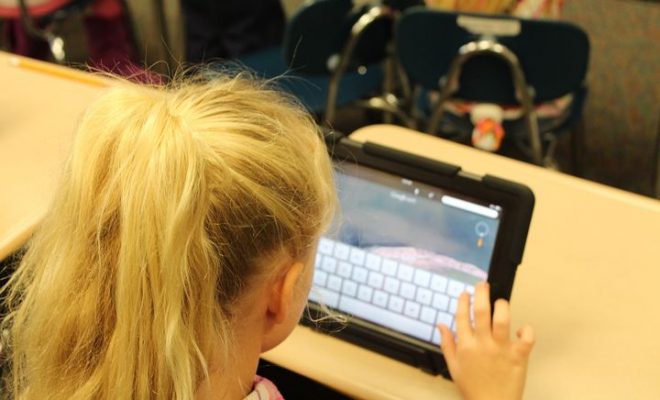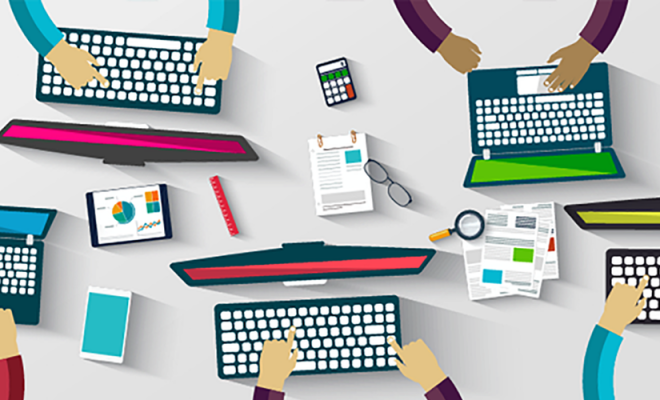The world learns a lesson that technology in schools doesn’t improve education

This article was written by David Glance.
The OECD has just given the world an F when it comes to using computers to improve educational outcomes in schools and to give teenagers the digital skills they will increasingly need in life. In a report released this week entitled “Students, Computers and Learning”, Andreas Schleicher, OECD Director for Education and Skills said that the report showed:
“no appreciable improvements in student achievement in reading, mathematics or science in the countries that had invested heavily in ICT for education”
In fact, for countries like Australia that invested heavily in ensuring that every child had access to laptops in schools, digital reading performance actually got worse between 2009 and 2012. In fact, as Schleicher goes on to say
“students who use computers very frequently at school do a lot worse in most learning outcomes, even after accounting for social background and student demographics”
The general conclusion of the report is that if child is smart and good at reading, they will be good at reading on a computer. Perhaps this shouldn’t surprise us, but it does because we have imbued technology with almost magical powers.
The technical ability of having a world of information that is instantly searchable, was somehow confused with meaning that the child would automatically know how to formulate the right questions and understand, filter and assemble the appropriate answer from the results. It also assumed that “digital natives” would be more motivated to do this because it would be “natural” to them. We somehow forgot that in the days of the “paper natives” children were not necessarily inspired to study or explore just because they could.
The more deeply worrying aspect of the OECD report is that it is based on a relatively superficial view of digital skills. It doesn’t assess the ability to do more complex tasks online nor to use software like spreadsheets for example to actually record, organise and analyse data. The assessment used as the basis for the OECD report is the Programme for International Assessment (PISA). In a typical PISA question designed to assesses digital reading skills, the student is asked to navigate a website and find the times of an event. This requires being able to read a web page and understand what links to click on to navigate to other pages to get to the information.
Whilst these types of tasks may highlight the very rudimentary digital skills someone would need in order to use the Internet, it doesn’t really say very much about how someone would cope using a corporate system that they are given very specific training to use.
The availability of computers by themselves doesn’t alter the need for teachers to teach students basic skills and content, nor does it change the need for students to study, practice and learn those skills and content. In fact, having computers in schools serves as a distraction rather than an aid according to the OECD report:
“students who use computers very frequently at school do a lot worse in most learning outcomes, even after accounting for social background and student demographics”
Supporters for the idea of use of computers in school may argue that the study simply highlights the fact that the technology was not used “correctly”, or that teachers were not adequately trained in how to use the technology in their teaching, or that educational software and resources are typically not very good.
There may be some truth in all of these points but it is hard to believe that this would actually make a substantial difference to the outcomes.
Much is made about the lack of digital skills of both the young and the elderly. If predictions of robots replacing jobs become true, it is believed that the only jobs left for humans will require high levels of digital skills. This argument is being used to justify teaching computer programming in schools on the basis that somehow this will give students a greater understanding of how to use software generally. As with computers, knowing some basic coding is very much like knowing basic sentences of French or how to play simple songs on the recorder. A broadening experience perhaps but of no use to a world needing a software engineer, translator or concert musician.
![]() David Glance, Director of UWA Centre for Software Practice, University of Western Australia
David Glance, Director of UWA Centre for Software Practice, University of Western Australia
This article was originally published on The Conversation. Read the original article.





